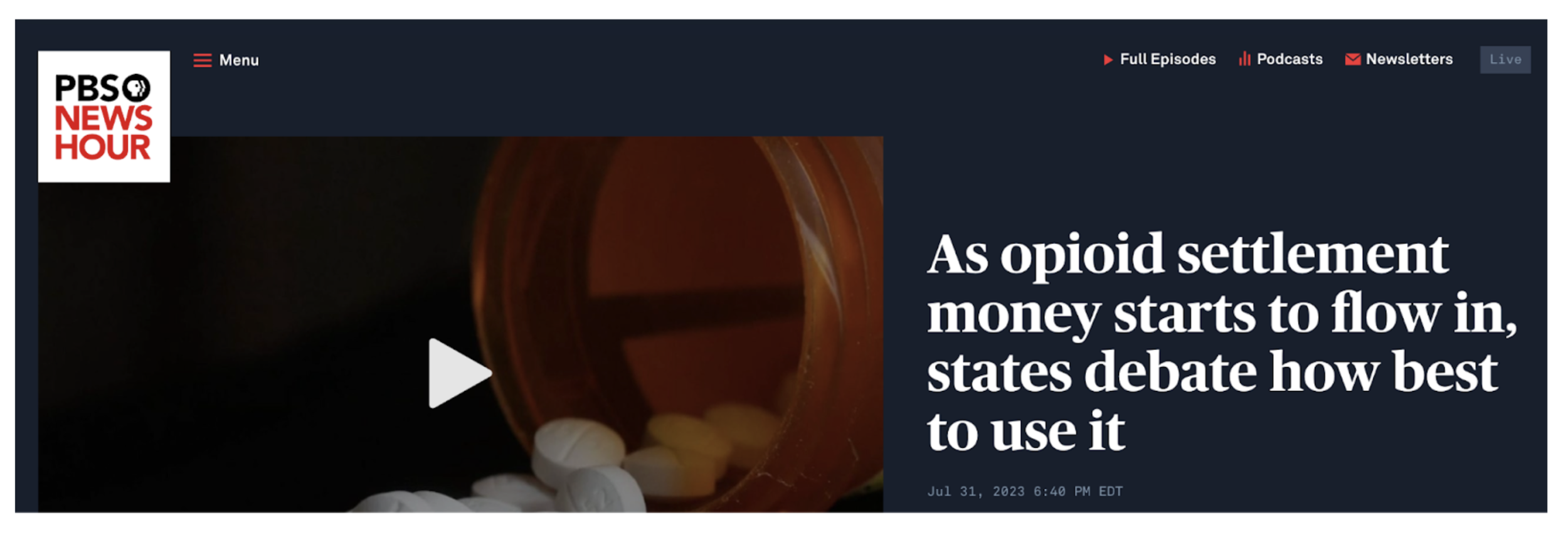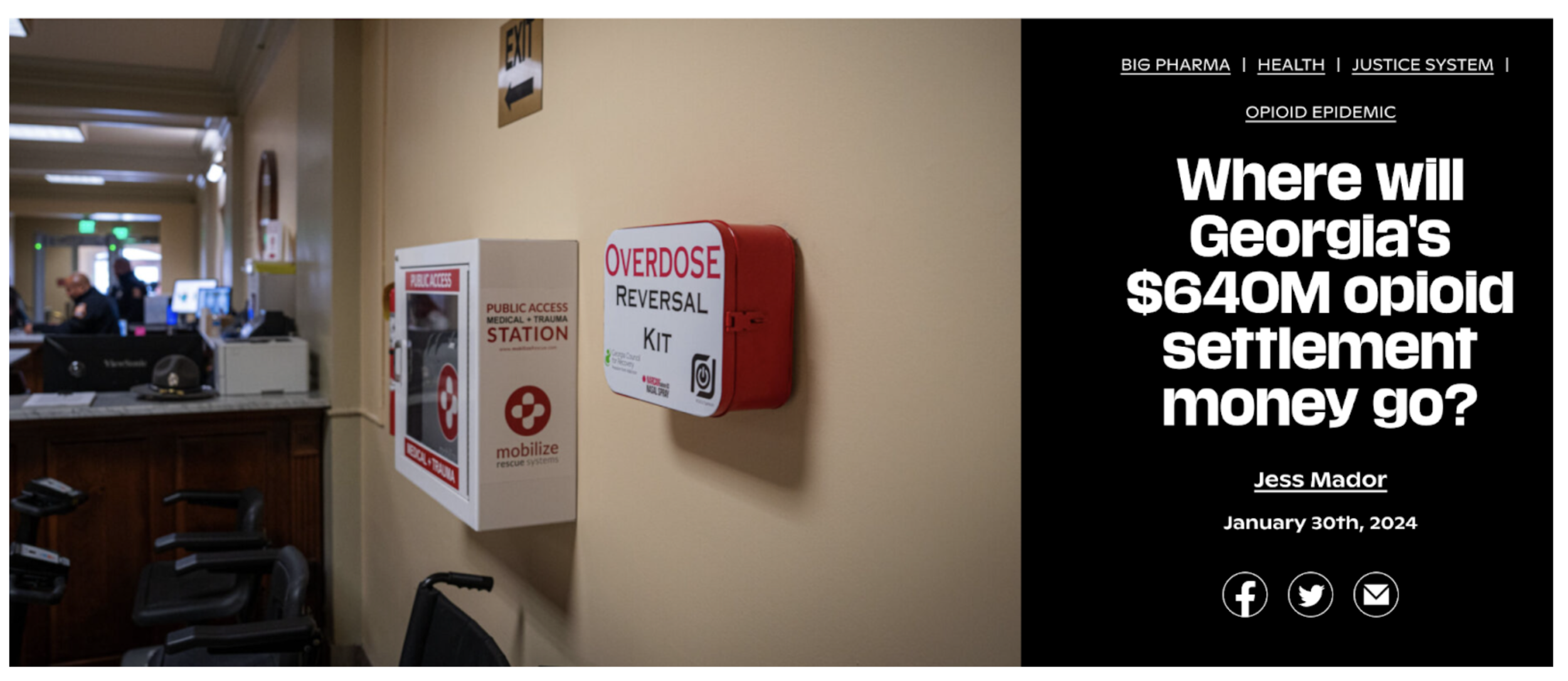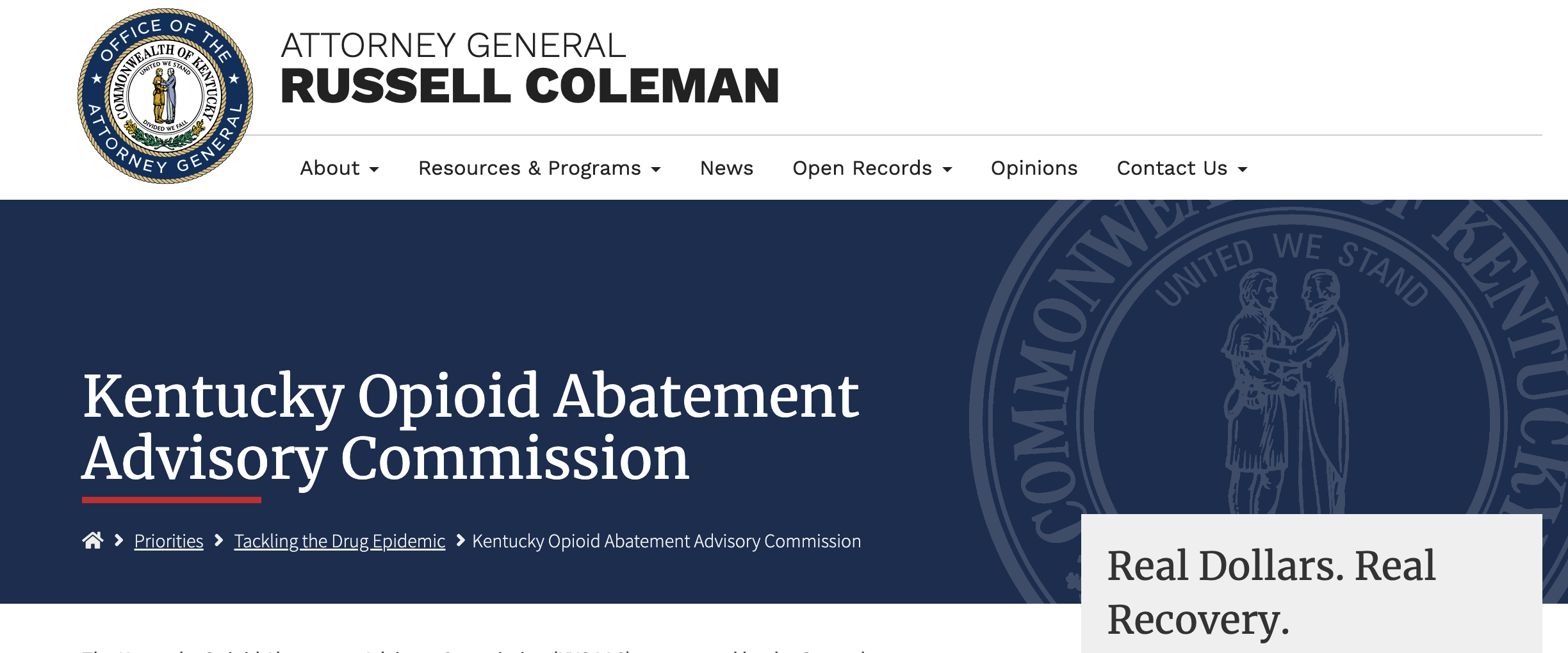North Carolina is a Friendly State for Abstinence Only Sober Living Home Opioid Settlement Funding
North Carolina began distributing opioid settlement funds to cities, counties and state governments in 2022. The state received a whopping 1.5 billion in settlement money, which will be spread over the course of 18 years. 85% of the total will go towards county and municipal governments, which will decide how to use the money independently. The remainder will go towards the state government. “Recovery housing support” has been named as an approved and recommended strategy for governments to consider when funding various programs and initiatives in the state, meaning that sober living homes are eligible for funding through local governments.
North Carolina has no state-level requirement that stipulates that money may not be spent towards religious, abstinence-only programs that do not accept residents who use Medication Assisted Treatment medications, like methadone or suboxone. This means that sober living homes and the programs that maintain them do not need to be evidence-based or follow ASAM guidelines in order to receive opioid settlement funding in North Carolina.
For more on sober living in North Carolina, see, Opening a Sober Living Home In North Carolina? Learn What it Takes.
Georgia is Dragging it’s Heels on Opioid Settlement Funding for Sober Living Homes
Georgia will receive a total of $638 million in opioid settlement money. The state will retain 75% of that total, which it intends to spend in a regionally-minded plan.
Georgia is lagging behind in setting up the organization it needs to begin disbursement of its share of the national opioid settlement money. About half of the states in the nation have announced their plans, but Georgia belongs to the second half of the country, which has yet to make those plans public. Experts have shared that they expect these announcements to take place before May 2024. The state’s plans include a website which will host a grant application tool, and a guidelines document outlining qualified uses of the funds. Meanwhile, many different players are vying for a spot at the table to help shape the policy and influence who decides how the money will be spent, and on what.
Some counties, like Chatham County, received smaller settlements independent of the state settlement. They have already begun dispersing some of those funds, although the funds have mainly been paid to existing county partners and there does not seem to be a formal application portal for would-be applicants.
For more information on sober living in Georgia, see Opening an Sober Living Home in Georgia.
Kentucky Doesn’t Allow Sober Living Homes to Fund Land, Buildings or Vehicles with Opioid Settlement Money
Kentucky is receiving $900 million in opioid settlement money. Half of the money will go to the state and the other half will go to cities and counties in Kentucky.
The state has already begun dispersing money through The Kentucky Opioid Abatement Advisory Commission (KYOAAC), which was created under HB427. The Commission has a very informative website that lists out requirements for grant recipients, hosts an application portal and gives award updates as they are made. You can find the application portal login here. While sober living homes and programs are eligible for funding, the money cannot be spent on land purchases, construction, renovation, building permits, or vehicles, so applicants will need to get creative in how to tie opioid settlement money into a sober living home context.
For more on sober living in Kentucky, see How to Open a Sober Living Home in Kentucky.
West Virginia Relies on the West Virginia First Foundation to Administer Sober Living Home Funding Through Opioid Settlement Money
West Virginia is considered ground zero of the opioid crisis and has, by far, the highest death rate in the nation when it comes to opioids. The pharmaceutical industry pumped an incredible number of dangerous opioids into the state, while misrepresenting the risks to medical community and the public at large.
West Virginia was very aggressive in pursuing charges against all the bad actors behind this scenario, and the state will be receiving a total of $1 billion in reparations over the course of the next 18 years. Roughly 75% of that money will be controlled by the West Virginia First Foundation, Inc. The remainder will go to local governments to be used at their discretion. The West Virginia First Foundation is currently accepting applications for grants.
For more about sober living in West Virginia, see: Your Questions About Opening a Sober Living Home in West Virginia - Answered.
Sober Living App Helps Sober Living Succeed
Sober Living App makes it easier - and more profitable - to operate sober living homes.
Our all-in-one app handles rent collection, admissions, property management, residents’ care coordination, community contacts, transportation details, calendars, staff, alumni and more - all from the convenience of your phone.
Claim your free trial today and see why more sober living homes prefer the Sober Living App.






